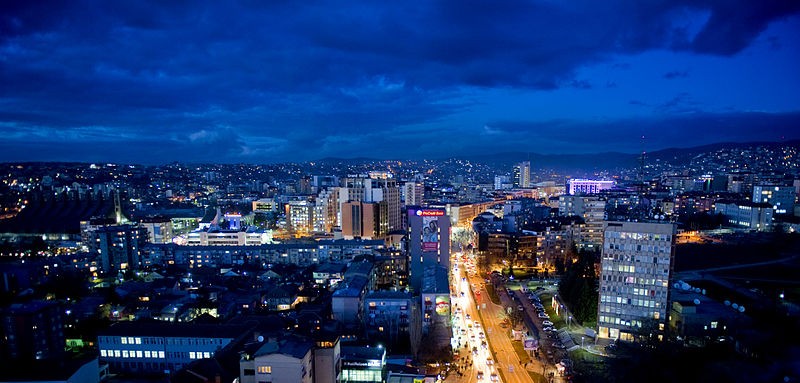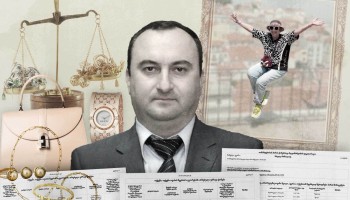After ratifying the border with Montenegro, the country must now close 39 earmarked court cases in order to receive the visa-free travel for its citizens - 19 of which are currently ongoing.
Since 2016 the demarcation agreement with Montenegro as well as the improvement in the fight against corruption and organized crime have been the focus of the liberalization process dictated by the EU.
Based on findings from BIRN and Internews Kosovo, a prominent issue is the wide discrepancy between the prosecution and the judiciary, Labinot Leposhtica, who presented the findings on Wednesday, said according to Prishtina Insight.
These incredible differences include the country’s prosecutorial council and judicial council having differing accounts of which cases are closed and finalized.
Though Kosovo’s prosecutors are aiming to close the cases by June, the head of the Supreme Court, Enver Peci, warns this might not be possible.
“This is a process, we cannot say that these cases will be completed and if they are not, there will be no liberalization. We cannot measure the completion of the cases by days and months, because the cases are complex,” Peci said according to Prishtina Insight.
Peci further explained that the EU’s mission to Kosovo, EULEX, has complicated the process by transferring cases late.
Various officials have pointed their fingers at other aspects of the justice system, seeming to feed into the discoordination that the report found.
Besides the report by BIRN and Internews Kosovo, the government has also adopted the Anti-Corruption Strategy and Action Plan 2018-2022 that seeks to improve policies and further good governance.
"In Kosovo fighting corruption is a farce and there is no real fight against it. First, the lack of efforts against corruption and organized crime poses a problem for Kosovo's citizens and their well-being, and the latter is a problem in the process of visa liberalization.” Betim Musliu, director of the Kosovo Justice Institute, told Radio Free Europe/Liberty Radio.
Musliu hopes that the EU remembers the positive impact that visa liberalization would have on Kosovo citizens while the country confronts the cases holding the visa-free travel back.






